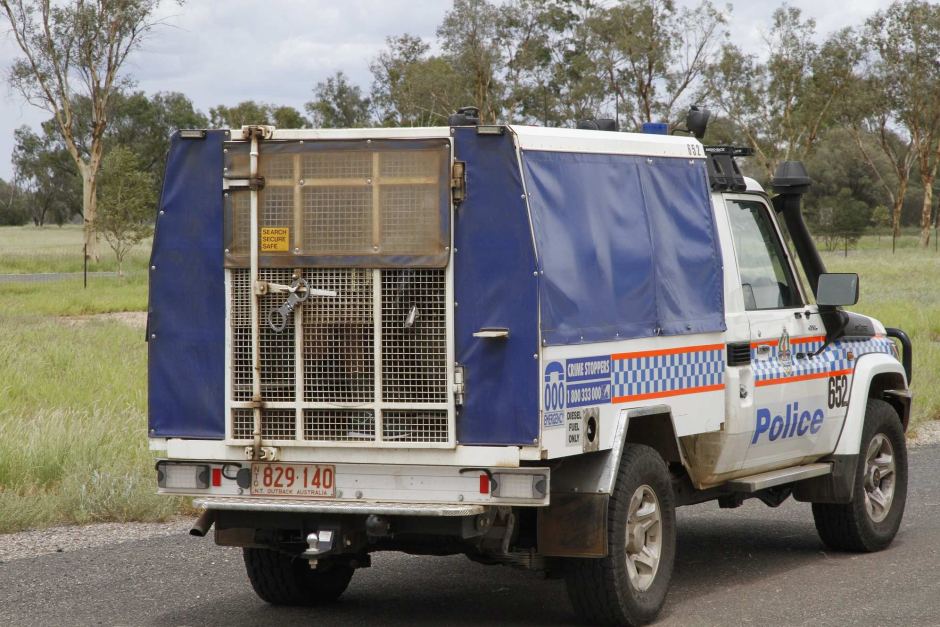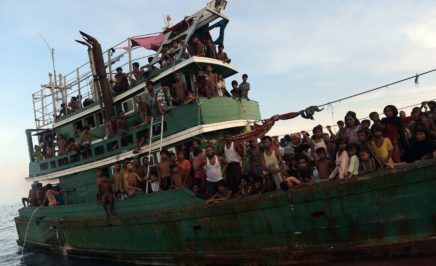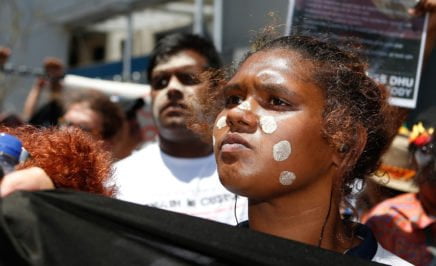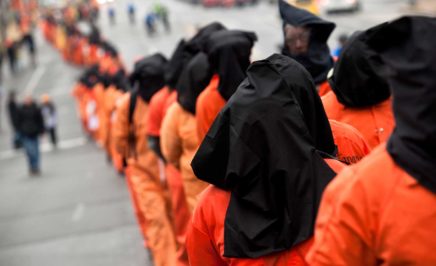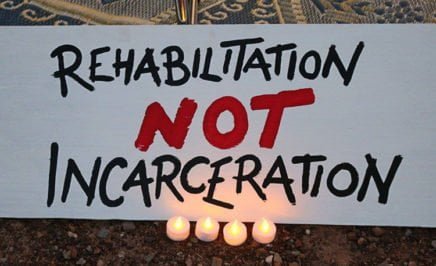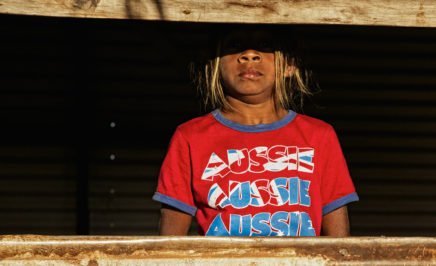Northern Territory Police must stop the practice of transporting children in remand and detention in so-called “Police cages” – a ute with a cage on the tray covered with a tarpaulin.
Amnesty International Australia has received and investigated numerous reports of children being transported, unrestrained, in these cages for journeys of up to five hours.
Transporting children in these conditions contravenes Rule 73.2 of the United Nations Standard Minimum Rules for the Treatment of Prisoners. It may also contravene Article 37(c) of the Convention on the Rights of the Child, which states that ‘every child deprived of liberty shall be treated with humanity and respect’.
Northern Territory Police Force ‘Custody and Transport Instruction’, says that children should only be transported in a ‘police cage’ as a last resort.
“We’ve been speaking with people in the community for months about kids being driven long distances in these police cages – it’s shocking and a totally inappropriate way to treat little kids,” said Indigenous Rights advisor Rodney Dillon.
“Without cooling or heating, these kids suffer in the elements. Treating children like this is against international standards and transporting people in motor vehicles without seatbelts is against Australian law. But when we raised it with the government, they said they weren’t worried about it.
“It’s not good enough, it’s totally unnecessary and we need the NT police to stop doing it immediately.”
Local whistleblowers who have contacted Amnesty about this issue have asked to remain anonymous for fear of retribution from the authorities.
In Australia children as young as 10 are locked up in detention and on remand, despite experts from around the world and the United Nations explicitly outlining the harm this causes children and how counterproductive it is as a way to deal with youth offending.
“We should be investing in preventing young people getting trapped in the justice system rather than locking them up,” Dillon said.
